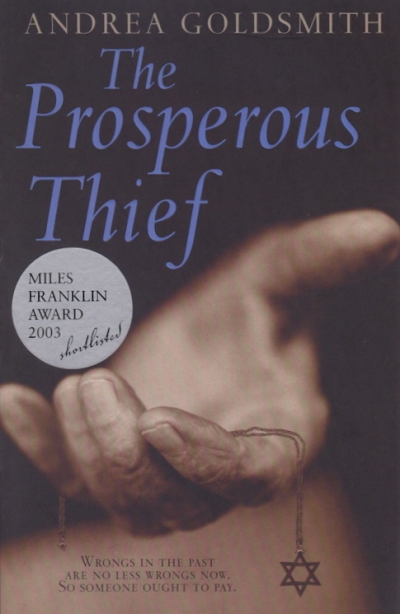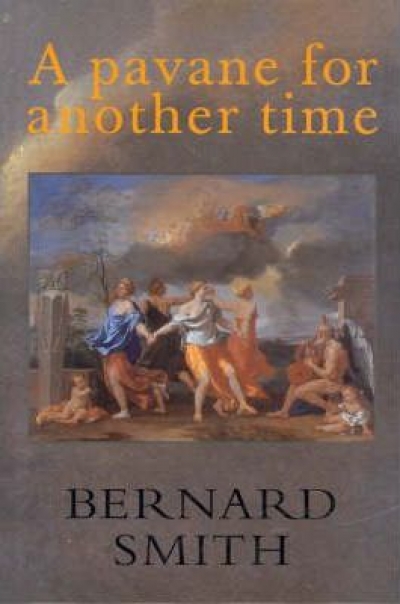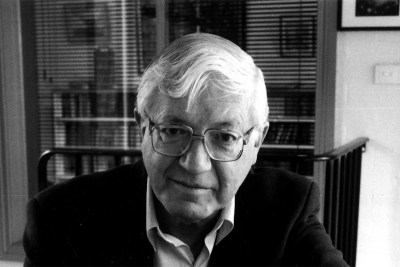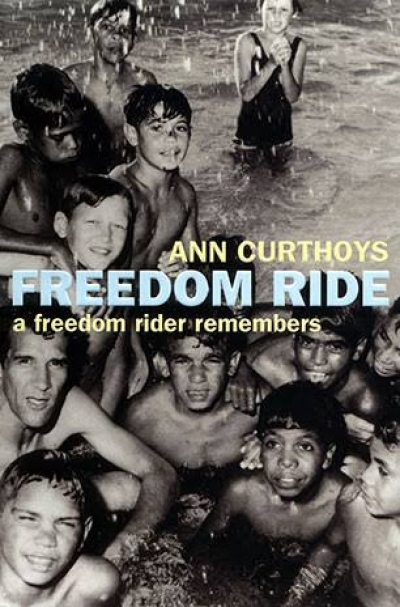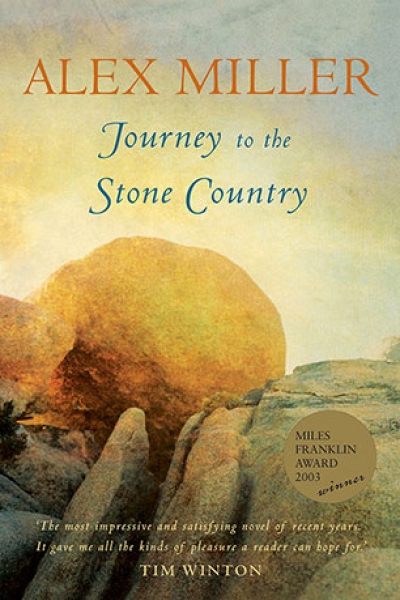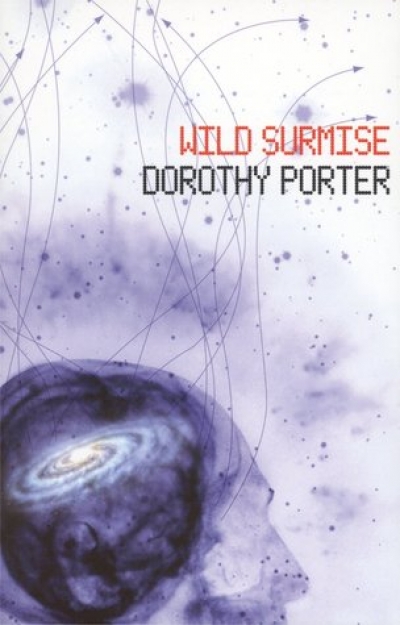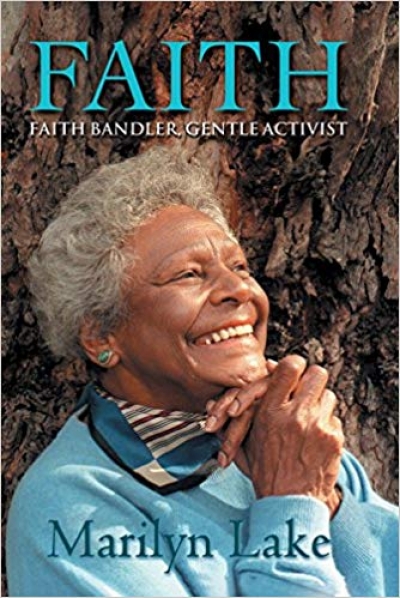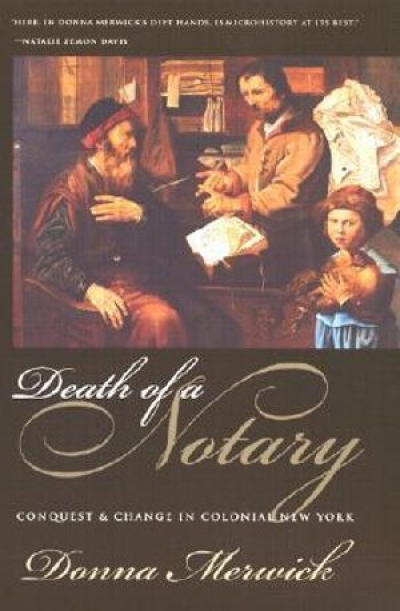Archive
Some years ago I wrote a poem called ‘A Table of Coincidences’, which contained the lines: ‘the day Christopher Columbus discovered America / Was the day Piero della Francesca died.’ This is a verifiable fact, unless changes in the Western calendar have altered things. Clearly, I was being sententious and reactionary: the ancient good of the world and its new doubtfulness seemed to start on the one day. A hostile reviewer pointed out that every date in the world is the anniversary of some other date, and poured scorn on my notion by suggesting that a momentous event like the Armistice in 1918 might share a date with the invention of Coca-Cola. But we still honour anniversaries, and I am only too conscious of the 365 days that have passed since 11 September 2001.
... (read more)Death of a Notary: Conquest and change in colonial New York by Donna Merwick
Never far from one’s mind these days, the events of September 11, 2001, and their direct aftermath in Afghanistan and elsewhere, had to be prominent in this month’s issue of ABR, such is their complex resonance and ubiquitous iconography. To complement Morag Fraser’s essay in this issue on the consequences of ‘September 11’ for civic ...
Primo Levi, in two interviews given almost twenty years ago*, set a standard of critical sympathy that is not only exemplary, but peculiarly apt to the fraught debate about the post-September 11 world and the USA’s place and reputation within it.
... (read more)
